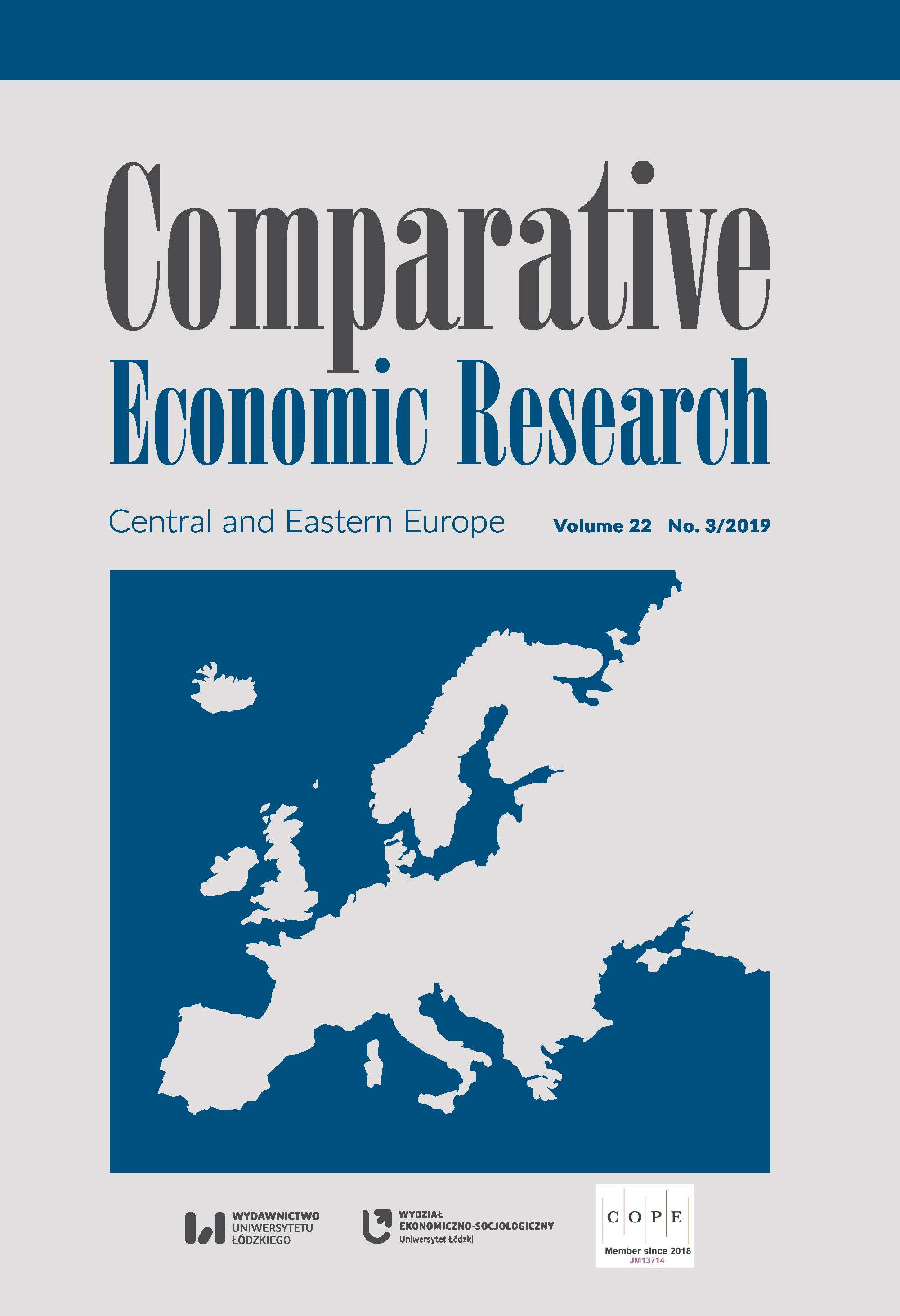Bank Capital and Profitability: An Empirical Study of South African Commercial Banks
Bank Capital and Profitability: An Empirical Study of South African Commercial Banks
Author(s): Charles NyokaSubject(s): Economic policy, Economic development, Financial Markets
Published by: Wydawnictwo Uniwersytetu Łódzkiego
Keywords: capital;South Africa;return on capital;Pooled IV;regression;analysis
Summary/Abstract: Bank capital is a principal aspect of regulation and will determine how long a bank remains in business from a regulatory point of view. Prior research on the relationship between capital and profitability has largely focused on developed economies, especially the USA, and Europe and the results have been inconclusive. There is no evidence of such research done to date that focuses on an emerging economy such as South Africa. Using South Africa as a unit of analysis and using the Generalised Methods of Moments (GMM), and Panel Two Stage Least Squares (2SLS) or Pooled IV method as the estimation techniques, this study tested the hypothesis that there is a positive and statistically significant relationship between bank capital and profitability. The results provided evidence of a positive relationship between capital ratio (CAR), return on equity (ROE) and return on assets (ROA). From a bank specific strategic decision‑making perspective, this would assist financial institutions and investors in tailoring investment decisions in response to policy decisions that relate to bank capital. From the public policy perspective, this would assist both governments and regulators in formulating better‑ informed policy decisions regarding the importance of bank capital.
Journal: Comparative Economic Research. Central and Eastern Europe
- Issue Year: 22/2019
- Issue No: 3
- Page Range: 99-116
- Page Count: 18
- Language: English

